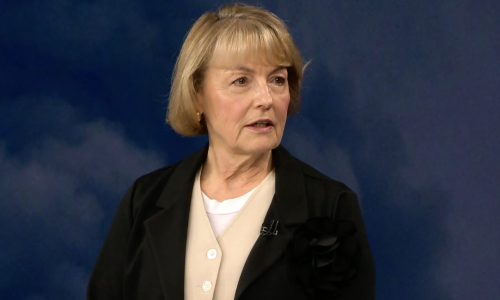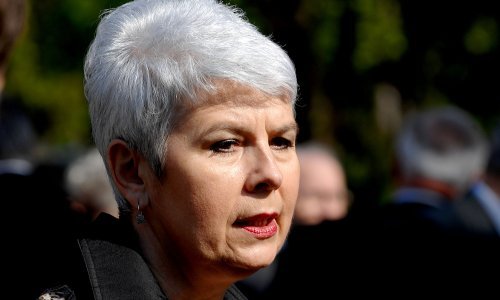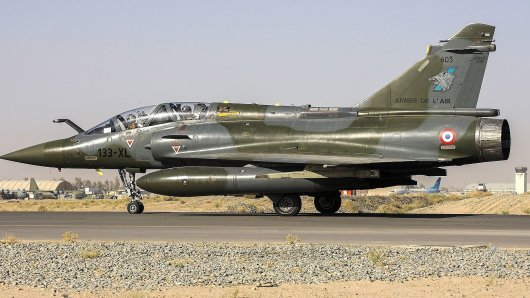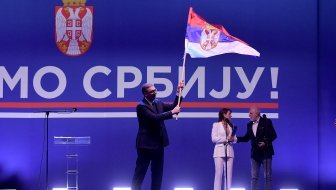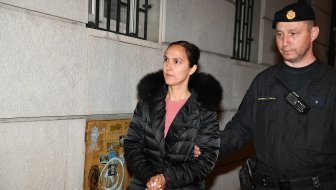Croatian Prime Minister Jadranka Kosor briefed European People's Party (EPP) leaders in Meise near Brussels on Thursday about the state of Croatia's accession negotiations with the European Union, highlighting the importance of their completion by the end of June.
Speaking to the press, Kosor said she had several talks on the fringes and at the EPP meeting in Meise and that she briefed the EPP leaders also about what Croatia had done regarding the negotiation chapter on the judiciary and fundamental rights.
Kosor felt that what she said was well-accepted and that "there is a positive atmosphere". She said she also answered some questions and that such personal contacts were very important.
Kosor attended a meeting of presidents, prime ministers and opposition leaders from EU and other countries from the EPP's ranks.
Speaking of the Judiciary and Fundamental Rights chapter, Kosor said, "We have a new result in that chapter every day" and that work on the chapter was being coordinated by the government. She added that "no other coordinator has been appointed."
Responding to questions from the press, Kosor said she was glad that the chairwoman of the National Committee overseeing the EU entry talks, Vesna Pusic, "accepted the government's proposal to have a political calm until the end of the negotiations."
"I am glad that Mrs Pusic accepted, finally and among the first from the opposition, what I have been proposing for quite some time, that we come together around the common topics on which there is agreement, such as the completion of the negotiations and EU membership and that everyone do what they can," Kosor said, adding that "some opposition leaders refused frequent talks" and calling "on those who don't want to help at least not to hinder."
"It's much better when we show the European Commission and member countries that we are united when it comes to the completion of the negotiations and EU accession," said Kosor.
Asked about Croatia's position on NATO's intervention in Libya, she said Croatia was satisfied that a legal foundation was established for operations in Libya, adding that Croatia, as a NATO member, was discussing with the other partners the alliance's role in it.





